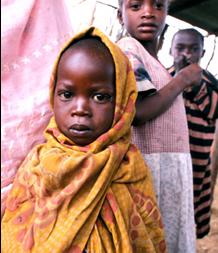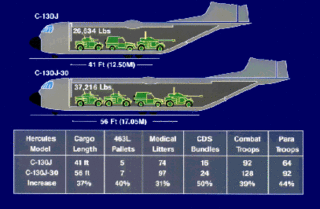Niger Started Crying When Kerry Did!

As the famine and ensuing starvation crisis in Niger lingers at the forefront of African news today, I do nothing. I sit in a cafe with my laptop and log onto the wireless internet that is so plentiful in the developed world and I pontificate. I put down in writing my views, concerns and opinions as only I can. What makes me any better than the politicians that stall aid efforts over minute verbiage technicalities and wait for the right moment in prime time news to announce their intentions: because we all know that no one reads the Saturday paper. We are so used to this insidious stalling and political sport that we think little of it. We are comfortable. Lord knows there is no sin in being comfortable, but what of the miserable? Are we too to be miserable? Are we to give up our abundance until we are the ones with nothing left? Or what about Marxist philosophy? Should the world not do a better job of distributing and sharing the scarce resources provided by Mother Earth? Or does it matter?
I feel deeply for Africa. I have no reason to care for Africa specifically except for the fact that it languishes in squalor mostly ignored by media. Niger's food crisis was first reported in November 2004 but no one could possibly pay attention to Africa when the US was having elections. I even remember that during most of November, the US election was daily front page material for both of the major French newspapers Le Monde and La Figaro not to mention the major news mills BBC and CNN. In November 2004, we already knew that one third of Niger was facing food shortages and fleeing the country over foregone conclusions of the dry rainy season.
Now that the World Food Programme (WFP) has responded with urgency, the world will soon forget the crisis though it could last for years. Should you want to follow an aid worker's journal, I think it is a fantastic way to understand the situation from the core.
Economically speaking, the UN claims that the delayed deployment of food to Niger was not due to the usual logistical hangups, but the lack of donorship they were able to drum up. I cannot defend Washington's measly yearly donation 0.15% Gross National Income (GNI) to developing countries (as opposed to Norway's 0.9% andEurope's s average of 0.35%) as the goal set by the UN is 0.7% GNI for all countries. I have been informed, however, that US private citizens take the donation cake. It appears that not only are they the most generous private donors worldwide, but they are more generous to developing countries than the US government itself. US privately donates 15 times more than Europe. This could be due to the lower tax burden on US citizens: 31.6% compared to Europe's 45.6%. Well, if the citizens are doing such a fantastic job handling their own income.......why do we even let the government take so much of it when they obviously are not putting it in the grid where the citizens want it?!








